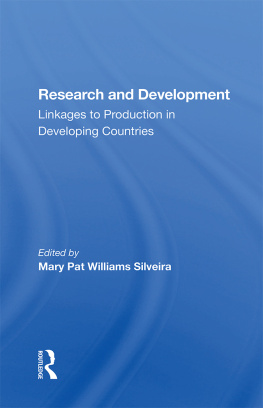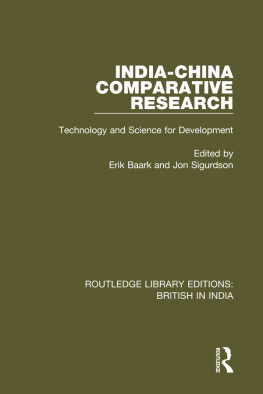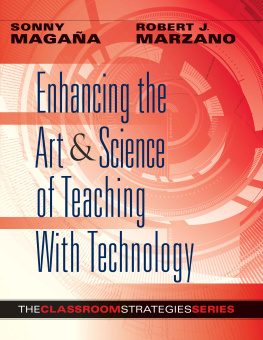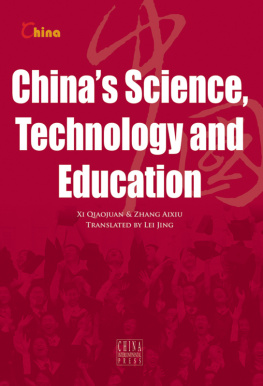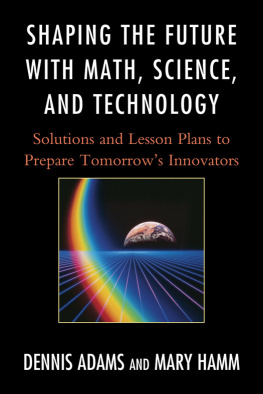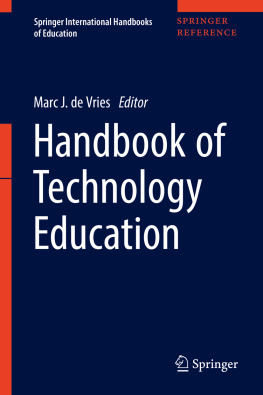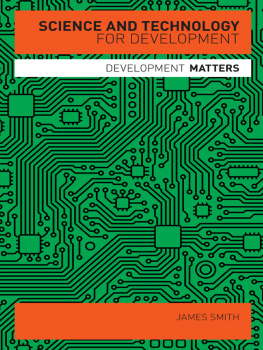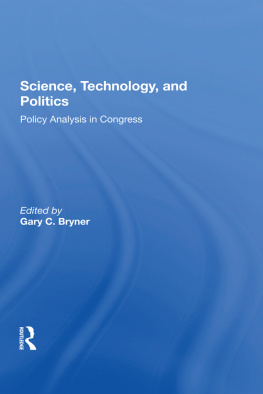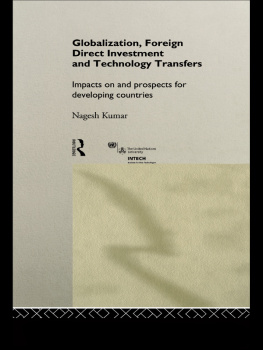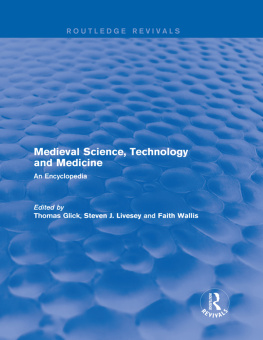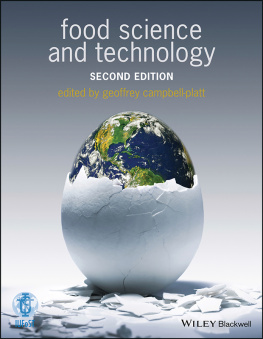Learning by Doing
Science and Technology in the Developing World
About the Book and Author
Science and technology capabilities are crucial to the economic growth of developing countries and to their ability to compete in the world economy. What factors enable some countries to successfully adapt technology to create indigenous capabilities and what factors cause others to fail? In this first global survey of science and technology capabilities in developing countries, the authors examine the experiences of Africa, the Caribbean, Latin America, the Middle East, China, India, and East Asia. Specialists in science and technology policies in these regions emphasize learning by doing: using available science and technology in its various applications--the shop floor, universities, and research institutes--to eventually develop indigenous capabilities. The authors consider why such capabilities have emerged in some societies but not in others and discuss their importance for domestic and international relations. Also considered are the implications of the "learning by doing" process for international relations, international trade, regional studies, science and technology policy, and management studies.
This unique survey will interest a large audience, from technology policymakers and regional specialists to business-people, managers, and officials. It will serve as a reference guide to the current state of science and technology policies in every region of the world and as a framework for analyzing and understanding how science and technology capabilities are being developed.
Aaron Segal is presently on leave from the University of Texas at El Paso teaching at the Air War College. Formerly an administrator of International Programs at the National Science Foundation, he has published extensively on science and technology policies in developing countries.
Learning by Doing
Science and Technology in the Developing World
Aaron Segal with Brijen Gupta, Wallace C. Koehler, Jr., Ward Morehouse, Richard P. Suttmeier, and Wenlee Ting

First published 1987 by Westview Press, Inc.
Cover graphic by Sally M. Segal 1987
Published 2021 by Routledge 605 Third Avenue, New York, NY 10017 2 Park Square, Milton Park, Abingdon, Oxon OX14 4RN
Routledge is an imprint of the Taylor & Francis Group, an informa business
Copyright 1987 by Taylor & Francis
All rights reserved. No part of this book may be reprinted or reproduced or utilised in any form or by any electronic, mechanical, or other means, now known or hereafter invented, including photocopying and recording, or in any information storage or retrieval system, without permission in writing from the publishers.
Notice: Product or corporate names may be trademarks or registered trademarks, and are used only for identification and explanation without intent to infringe.
Library of Congress Catalog Card Number: 87-062197
ISBN13: 978-0-3670-0618-1 (hbk)
ISBN13: 978-0-3671-5605-3 (pbk)
DOI: 10.4324/9780429036040
Contents
- , Aaron Segal
- 2 Latin America: Development with Siesta, Aaron Segal
- 3 The Caribbean: Can Lilliput Make It? Wallace C. Koehler, Jr., and Aaron Segal
- 4 The Middle East: What Money Can't Buy, Aaron Segal
- 5 Africa: Frustration and Failure, Aaron Segal
- 6 East Asia: Pathways to Success, Wenlee Ting
- 7 China: The Search for Strategies, Richard P. Suttmeier
- 8 India: Success and Failure, Ward Morehouse and Brijen Gupta
- 2 Latin America: Development with Siesta
- 3 The Caribbean: Can Lilliput Make It?
- 4 The Middle East: What Money Can't Buy
- 5 Africa: Frustration and Failure
- 6 East Asia: Pathways to Success
- 7 China: The Search for Strategies
- 8 India: Success and Failure
Guide
Tables and Figures
| TABLES |
| 2.1 Latin America: Total Research and Development Costs and as a Percentage of Gross National Product |
| 2.2 Latin America: Payments for the Import of Technology by Types |
| 2.3 Latin America: Human Resources in Agricultural Research, 1960 to 1980 |
| 2.4 Latin America: Budgetary Resources Allocated to Agricultural Research, 1960 to 1980 |
| 3.1 Current Caribbean Research and Development Spending Priorities |
| 3.2 Development and Potential of Caribbean Energy Resources |
| 4.1 Distribution of Publishing Scientists in the Arab World by Country |
| 4.2 Estimate of Financial Resources Committed to Research and Development in the Middle East |
| 4.3 Science Policymaking in Selected Middle East Countries |
| 4.4 Scientific Manpower in the Arab World |
| 5.1 Research and Development Expenditures for Selected African Countries |
| 5.2 The Social Returns to Education in Africa |
| 5.3 Scientists and Engineers in Research and Development in Selected African Countries |
| 6.1 East Asia: Changes in Technological Composition of Exports, 1966-1981 |
| 8.1 India: National Expenditure on Research, Development, and Related Scientific and Technological Activities, 1948-49 to 1983-84 |
| 8.2 India: Expenditure on Science and Technology in Relation to Gross National Product, 1958-59 to 1982-83 |
| 8.3 India: Research and Development Expenditure by Major Scientific Agencies of the Government of India |
| 8.4 India: Stock of Scientific and Technical Personnel, 1950-1985 |
| 8.5 India: Personnel Employed in Research and Development Institutions, 1982 |
| FIGURES |
| 6.1 Technology Input and Output Development Framework |
| 6.2 The Product Technology Innovation Continuum |
Contributors
Brijen Gupta is the Research and Development Director of the Council on International and Public Affairs and co-author of A Study of Indian Science and Technology Relations (1980). He has taught at the University of Rochester and elsewhere.
Wallace C. Koehler, Jr., is Head of Technology Assessment at the Center for Energy and Environment Research at the University of Puerto Rico. He has written extensively on energy and science and technology policy issues.
Ward Morehouse is President of the Council on International and Public Affairs, Chairman of the Intermediate Technology Group of North America, and a Research Associate in the Southern Asia Institute of Columbia University. His publications include several books on science and technology in India and studies of the social impact of technology on the Third World.
Aaron Segal is Professor of Political Science at the University of Texas at El Paso and a Visiting Professor at the Air War College of the U.S. Air Force. Formerly a manager of international programs at the U.S. National Science Foundation his research experience and publications include Africa, the Caribbean, and Latin America.
Richard P. Suttmeier is Henry P. Bristol Professor of International Affairs at Hamilton College in Clinton, New York. He is the author of two books and numerous articles on Chinese scientific and technical developments.


